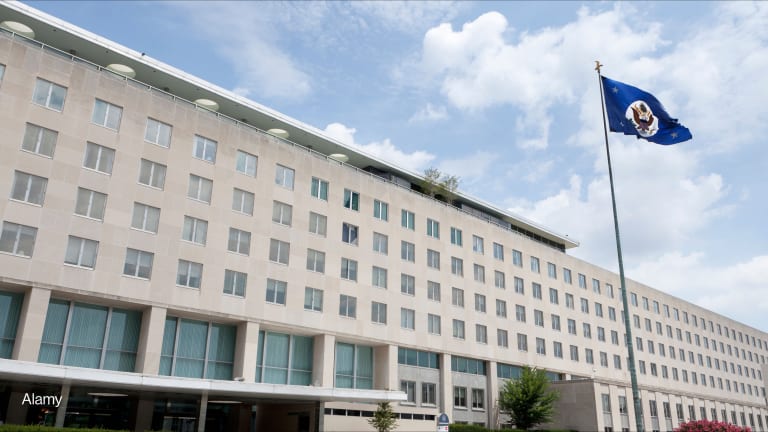EDITOR’S NOTE: The Bush and Obama administrations oversaw unprecedented changes to U.S. global development programs and institutions during the last 16 years. With the next U.S. presidential election underway, this two-part series takes a close look at the legacy of the last two administrations to help inform our community’s thinking about what’s in store for the next administration — something we will be covering extensively in the coming months. In commissioning this work, Devex has relied on the author’s informed analysis based on interviews with more than a dozen development experts and our editors have made every effort to produce an objective and nonpartisan analysis. Still, we realize any attempt to assess government performance is subject to critique and dispute so we welcome additional perspectives and comments from our readers. For the many development professionals around the world impacted by American development policy, we hope this chronological history provides an opportunity to reflect on past successes and failures and anticipate the future direction of the world’s largest donor country.
For most supporters of development, the end of the Clinton administration and beginning of the George W. Bush term felt like a decided nadir. The nation’s primary development agency, USAID, had been battered during protracted turf and budget battles during the mid- and late-1990s, forcing the agency to make deep staff cuts and leaving it a hollowed out shell of its former self.
While Bush had campaigned on a platform of “compassionate conservatism,” few expected global development to be a high priority for the incoming administration — although the internationalist bent of his father’s presidency was encouraging to many in the development community.
But expectations, the global strategic order, and much of American political life were profoundly upended by the terror attacks of Sept. 11, 2001. Leaders of both parties quickly recognized that development was an important and undermaintained part of the U.S. international posture, ushering in a period of dramatically increased budgets for development, and perhaps even more importantly, a renewed desire to rethink how the country advanced development and economic growth.
It is important to stress the historical context of the moment after Sept. 11: the Congress and the American public were exceedingly willing to give Bush what he wanted when it came to international affairs, whether it related to military commitments or long-term development efforts. The Pentagon became an active booster for reinvigorated development programs, providing important cover for lawmakers that would normally be reluctant to boost aid budgets. Nongovernmental organizations in Washington quickly got in the habit of quoting defense officials about the importance of development.
Bush and his advisers shrewdly realized they had a unique “Nixon to China” moment when it came to development. The administration launched two new, and massive, development initiatives that ran directly counter to the popular perception that Republicans either did not care about development or only cared about it for purely security purposes. These two new efforts, the Millennium Challenge Corp. and the President’s Emergency Plan for AIDS Relief are absolutely central to Bush’s development legacy. And importantly, neither would be directly managed by USAID.
Search for articles
Most Read
- 1
- 2
- 3
- 4
- 5








